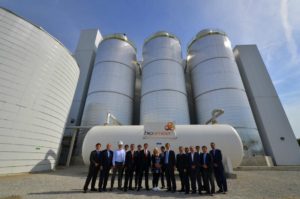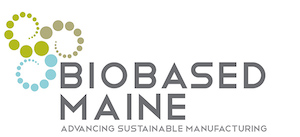World’s Largest Biosuccinic Acid Plant Opens
Succinic acid is a white, odorless solid that has lots of applications – a food additive, a dietary supplement, and a precursor for certain polyesters. It is also a byproduct of the fermentation of sugar (which is why you’ll often find it in wine and beer). Originally, it was made from pulverizing amber. Then it was made from petroleum. Now, it is increasingly made from plants as companies want to displace petroleum with more renewable alternatives. The global demand for succinic acid is 40,000 tons per year, which is an attractive market for chemical companies, including BioAmber, a renewable chemical company that on August 6 opened the world’s largest biosuccinic acid plant in Sarnia, Canada. An investment of $141.5 million, the plant has the capacity to make 30,000 TPY of succinic acid. According to Environmental Leader, the project was supported by Government of Canada and the Government of Ontario through the Ontario Ministry of Economic Development, Employment and Infrastructure’s Strategic Jobs and Investment Fund.
opened the world’s largest biosuccinic acid plant in Sarnia, Canada. An investment of $141.5 million, the plant has the capacity to make 30,000 TPY of succinic acid. According to Environmental Leader, the project was supported by Government of Canada and the Government of Ontario through the Ontario Ministry of Economic Development, Employment and Infrastructure’s Strategic Jobs and Investment Fund.
photo credit: www.plasticstoday.com
